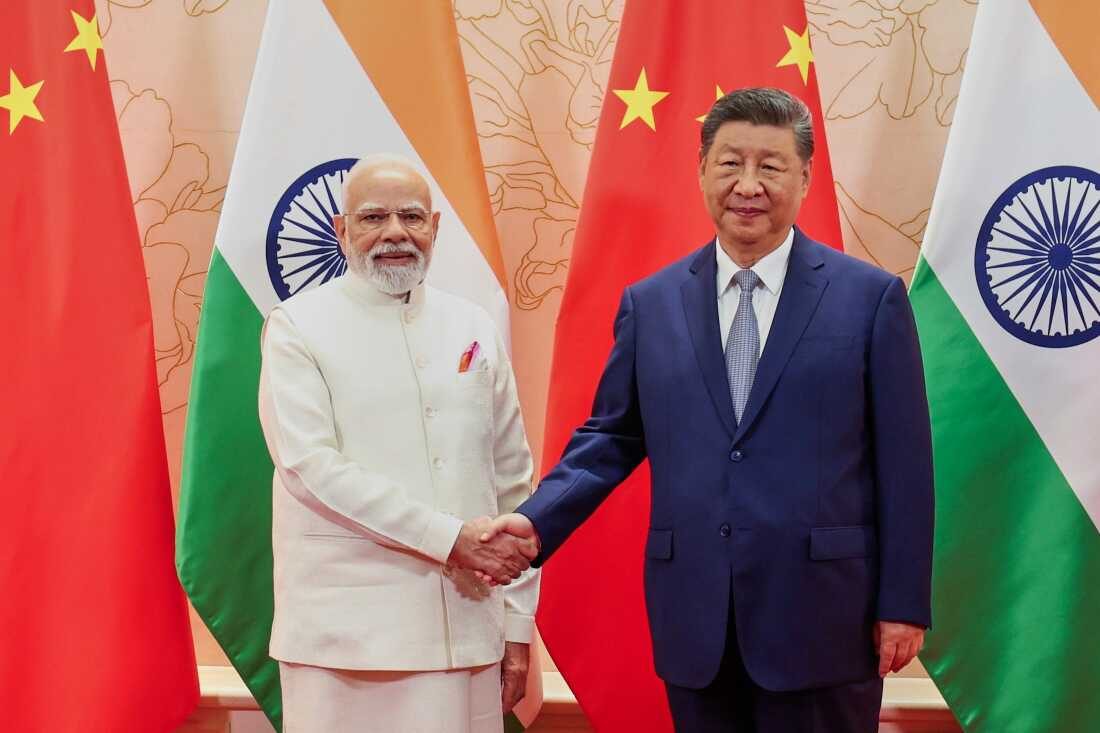Chinese President Xi Jinping and Indian Prime Minister Narendra Modi reaffirmed their commitment to resolving border disputes and strengthening bilateral cooperation during a meeting in Tianjin, ahead of a regional summit hosted by China under the Shanghai Cooperation Organisation (SCO), which India recently joined.
Modi’s visit is his first to China since border clashes in 2020 between Chinese and Indian troops severely strained relations. He expressed cautious optimism, saying, “relations with China have moved in a meaningful direction,” and noted “there is a peaceful environment at the borders after disengagement.”
Xi, speaking via Chinese state media, said he hoped the Tianjin talks would further elevate bilateral ties and promote their sustained, healthy and stable development. He stressed that the two sides should not let the border issue define the overall China-India relationship, urging both to prioritise economic development.
“As long as they remain committed to the overarching goal of being partners, not rivals, and providing development opportunities, not threats, China-India relations will flourish and move forward steadily,” Xi added.
Russian President Vladimir Putin also arrived in Tianjin and is expected to meet both leaders during the SCO summit.

Earlier in August, China’s top diplomat Wang Yi visited New Delhi, marking a thaw in relations. Both nations agreed to restart border talks, resume visa services, and reinstate direct flights. Wang’s visit coincided with the U.S. imposing tariffs on Indian goods over its purchase of Russian oil, but India’s efforts to improve ties with China had been in motion for months.
In 2025, both countries have increased diplomatic engagement and begun easing trade and travel restrictions. Beijing’s June decision to allow Indian pilgrims access to Tibetan sites was a notable step towards rebuilding trust.
While unresolved issues remain, the Tianjin meeting shows a mutual desire to prevent conflict escalation and create economic and regional stability.












